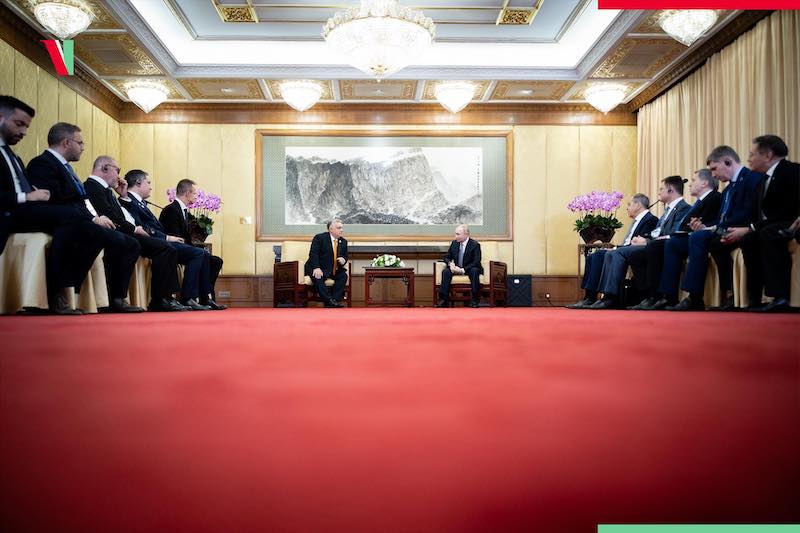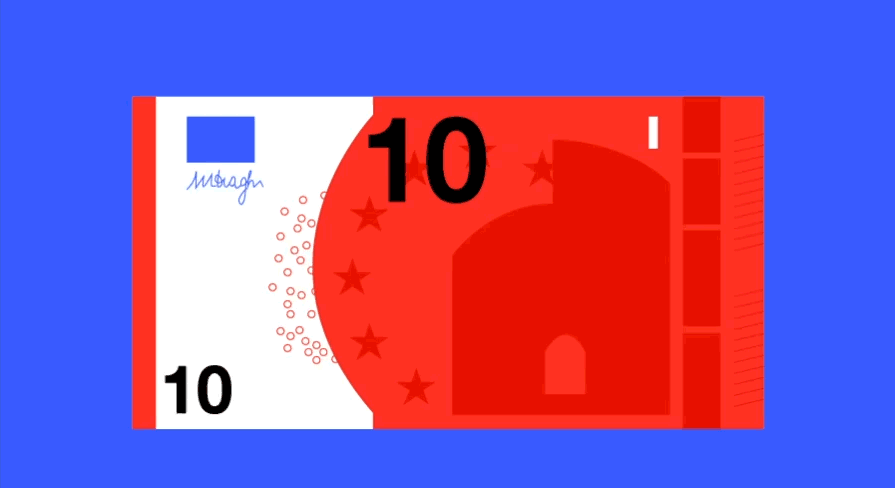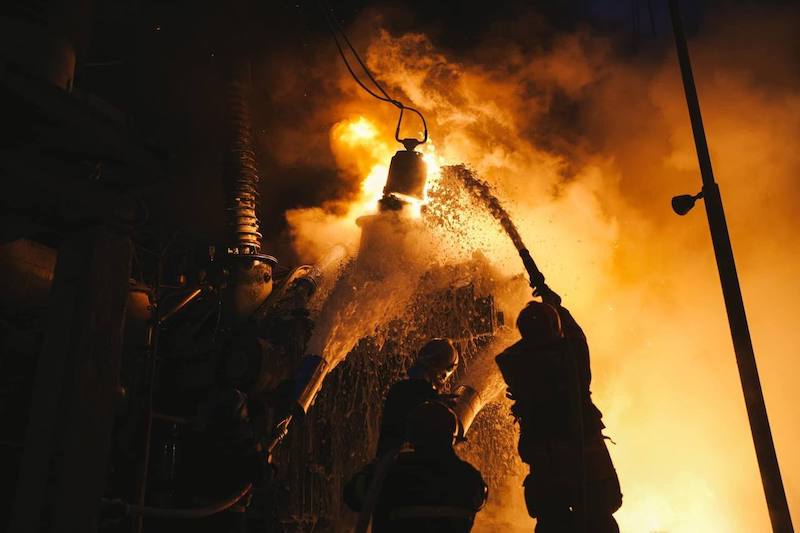While EU countries are publishing victory reports on their divorce from dependence on Russian energy, Hungary is using words that are pleasing to Vladimir Putin’s ears. Most recently, these came from the country’s chief diplomat, Foreign Minister Péter Szijjártó, who is best known for his friendly visits to Asian dictatorships.
Speaking at the opening of the Eurasian Security Conference in Minsk, Szijjártó said: “We see energy security as a matter of physical reality, not a political issue,” and added that Hungary would maintain pragmatic cooperation with Russia.
His words are easy to translate: independence from Russian energy is still out of the question. But The European Commission’s State of the Energy Union Report underlines that such a high level of dependence poses a threat to the security of supply to Hungary.
Whether Russian gas is really the only solution, as the government regularly claims, is questionable, given that Hungary has several alternatives, thanks to pipeline connections to neighbouring countries.
Indeed, there are already plans to further diversify Hungary’s gas sources. Connecting to the Baltic Pipeline would open up the North Sea gas fields directly to Budapest. Last year, Romania also relaunched the development of the Neptun gas field in the Black Sea, of which Hungary would be a major customer. Hungary has also started buying gas from Azerbaijan, in line with the European Union’s programme.
However, the Hungarian government has no intention of quitting a 15-year gas supply contract Orbán signed with Gazprom in 2021.
The government explained the need for the contract as this ensured predictable, long-term supply and a discounted price. A few weeks before the invasion of Ukraine, Putin also claimed that the contract would allow Hungary to receive gas at a fifth of the market price. But that proved to be a lie, as energy prices remained volatile.
The population – on the other hand – is not directly aware of this scam.






